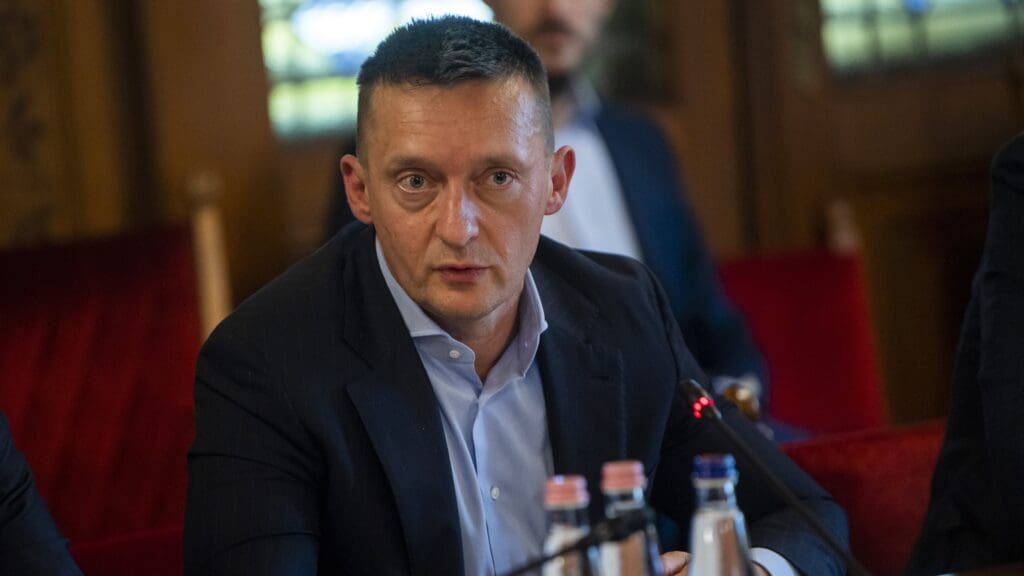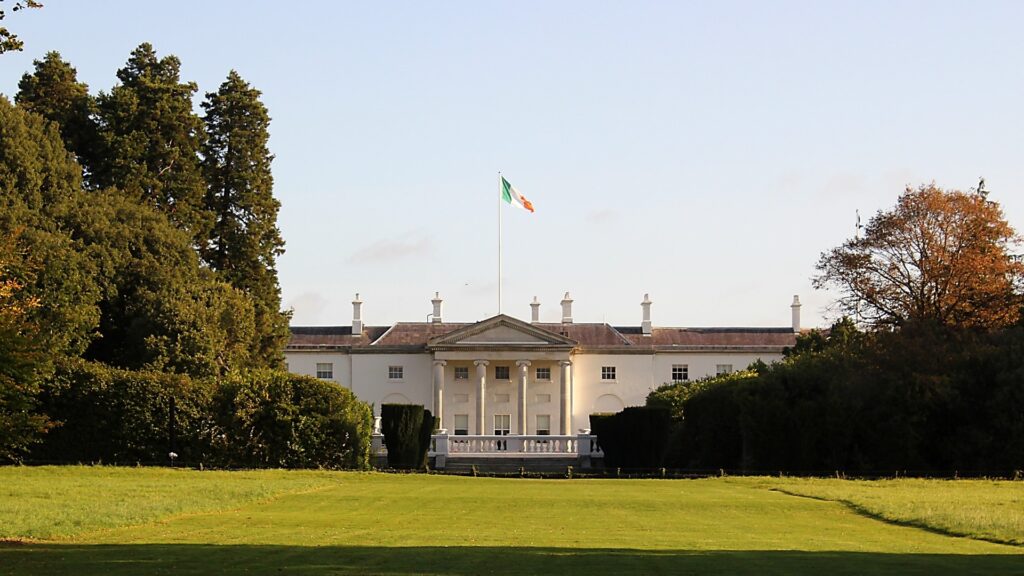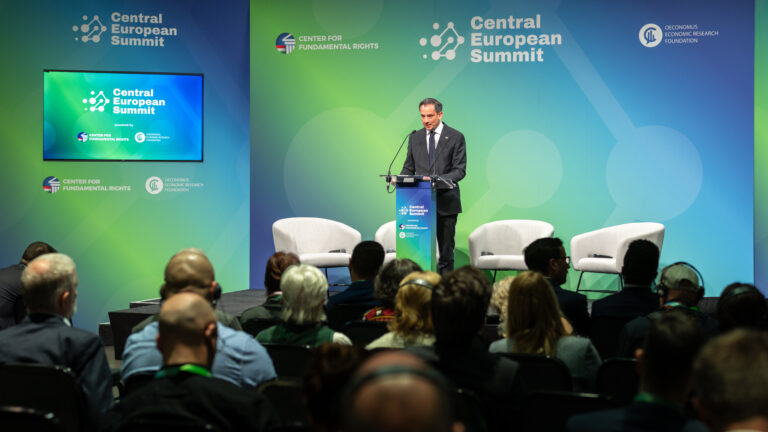Ukraine’s fast-tracked accession to the European Union would place immense financial strain on the bloc and severely weaken Hungary’s strategic position, Political Director to the Prime Minister Orbán Balázs said on Monday at the Economx Money Talks 25 conference in Budapest.
Speaking during a session titled ‘Trump Administration: Towards a New World Order’, Orbán highlighted the staggering potential costs of Ukraine’s integration. Full membership could require approximately 2.5 trillion euros over several years—12 times the EU’s current annual budget. Additionally, Ukraine’s reconstruction could cost between 500 billion dollars or 1 trillion euros, according to some calculations, with annual maintenance of its government operations adding another 100 billion dollars, most of which would be expected from the EU, he noted. Orbán argued that Hungary is the only EU member state currently in a position to block this rapid accession process in the European Council, as the European Commission aims to conclude it by the end of the current legislative cycle in 2029. He also pointed out that Ukraine’s EU membership has now become a cross-party issue in Hungary, making the upcoming Voks 2025 national consultation one of the most crucial economic and strategic decisions for the country’s future.
Turning to broader geopolitical issues, Orbán claimed that the election of Donald Trump marked the end of the neoliberal world order. He argued that this shift revealed the continued primacy of nation-based economic organization. According to him, Western economic policy fell into its own trap—overregulation, fiscal restraints, and offshoring weakened both national sovereignty and economic performance. In the emerging global order, success will depend on strong state institutions, renewed industrial capacity, and technological independence, all supported by strategic adaptability, he said.
Orbán also criticized Western foreign policy driven solely by moral arguments. He cited US interventions in Iraq and Libya, and the fallout from the Arab Spring, as examples of moralistic approaches that led to instability, terrorism, and mass migration. In contrast, Hungary’s foreign policy views moral correctness through the lens of community security and stability, he emphasized.
On migration, he reiterated that permissive neoliberal policies had failed and that mass immigration had undermined Europe’s social cohesion. Military strength, he added, remains a prerequisite for global influence—a point underscored by Europe’s declining defence spending compared to the United States since the Cold War.
Orbán suggested that Hungary could benefit from the new geopolitical landscape, which he described as a ‘historic shift’ that lifts former limitations imposed by the liberal order. He emphasized Hungary’s connectivity strategy—an approach that aims to build pragmatic, strategic relations with all global power centres.
Looking ahead, Orbán predicted agreements between the US and EU on tariffs, with Hungary seeking to deepen bilateral economic cooperation. He also warned of continued political pressure from liberal networks entrenched in EU institutions.
Finally, he stressed that the EU must reverse its economic decline, re-engage with Russia on energy, and de-escalate trade disputes with both China and the US. Although a Trump-led world order may present short-term volatility, he argued that Hungary’s strategic flexibility will help minimize the risks.
Related articles:








